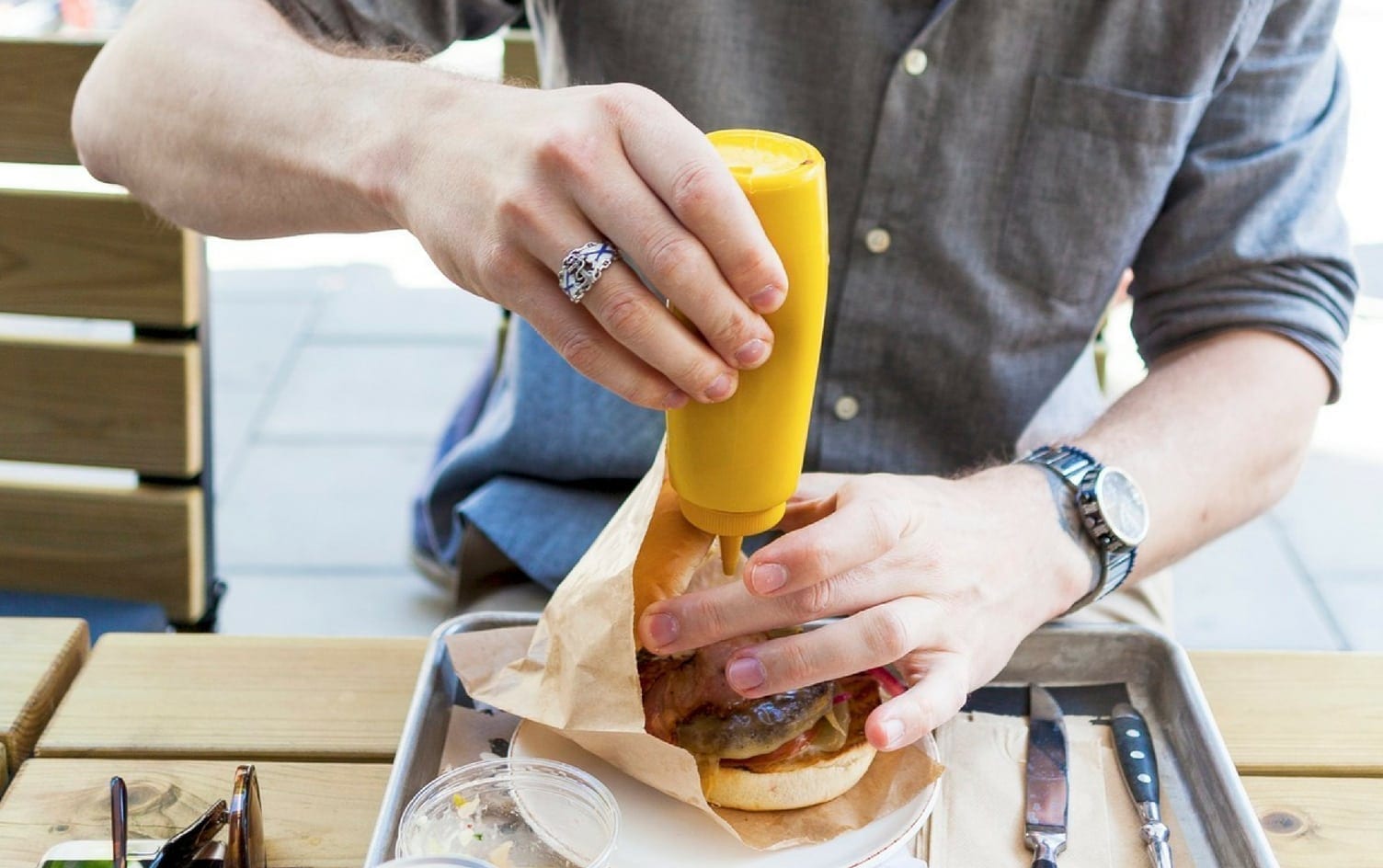When it comes to losing weight, it starts with diet. But it’s not about depriving yourself of all that is good in this world; it’s about making smart choices, educating yourself and watching portion sizes. Arming yourself with a strong foundation means you have the flexibility to make the best decisions for your diet and lifestyle in any situation — including at a restaurant.
Here are six tips to help you stay on track and achieve the results you want when you’re dining out:
WATCH PORTION SIZES
Restaurants don’t usually have your waistline in mind when they’re putting together your plate. To keep portion sizes in check, ask for a to-go container when your food arrives and put half your portion into it before you even take a bite. Once you’re finished with your half, wait 10 minutes and drink a glass of water and see if you feel full. Chances are you didn’t need that whole plate.
SKIP REFILLS
If you’re drinking something besides water with your meals, say no to the offer to refill your beverage. Sodas, juices and some teas are loaded with extra sugar and calories you don’t need.
OPT FOR HEALTHIER SIDES
If your meal comes with a calorie-heavy side like fries, ask what your other options might be. Most restaurants will happily swap that for a garden salad, veggies or fruit, so don’t hesitate to ask.
BE WARY OF CONDIMENTS AND SAUCES
A salad might seem like a healthy choice, but watch out for creamy, rich salad dressings — they could actually make your salad more caloric than the burger. Sauces and condiments can add up, too. Ask for those on the side and control how much you’re adding.
WATCH THE BREAD
If you go to restaurants that offer a bread basket, skip it — out of sight, out of mind. Don’t even let the server put it on your table. If you’re ordering a sandwich, even if you chose a healthier bread, watch out for added butter or other condiments and ask the server to serve it dry (holding the butter or any other add-ons that may not be obvious from the menu).
SAVOR IT!
We’ve all been guilty of rushing through dinner. When we do that, our brain doesn’t have time to realize how much we’ve eaten, which could lead to overeating. “Eat especially slowly, chew well and use all of your senses,” said Shanti Pappas, a Functional Medicine Health Coach at Happy Belly Health. “I’ve found that a lot of us who worry about ‘cheating’ on a diet or eating something ‘bad’ tend to eat that forbidden meal fast and almost in a sneaky way, not fully enjoying it because of all the guilt.”
READ MORE > THE FINE ART OF OVERCOMING A PLATEAU




